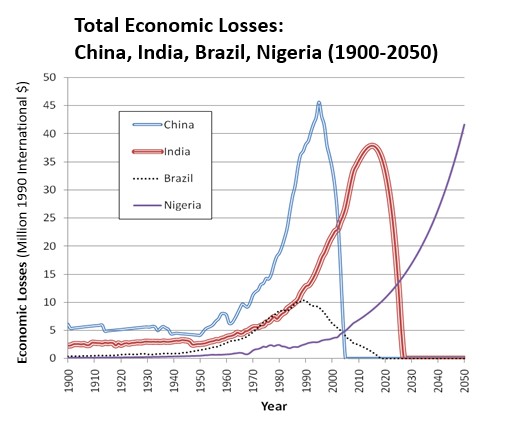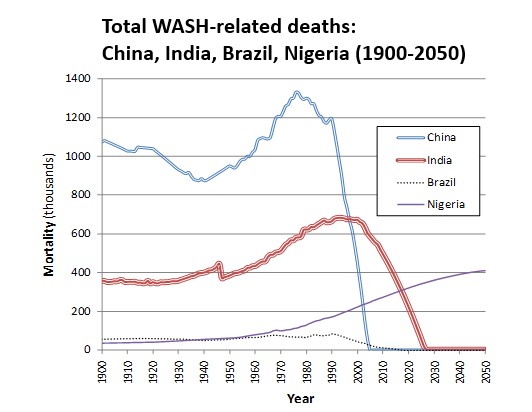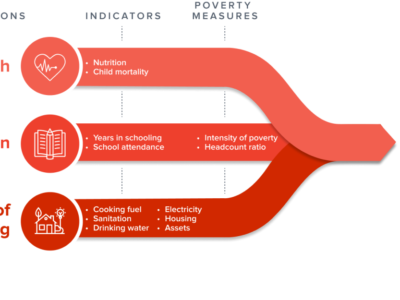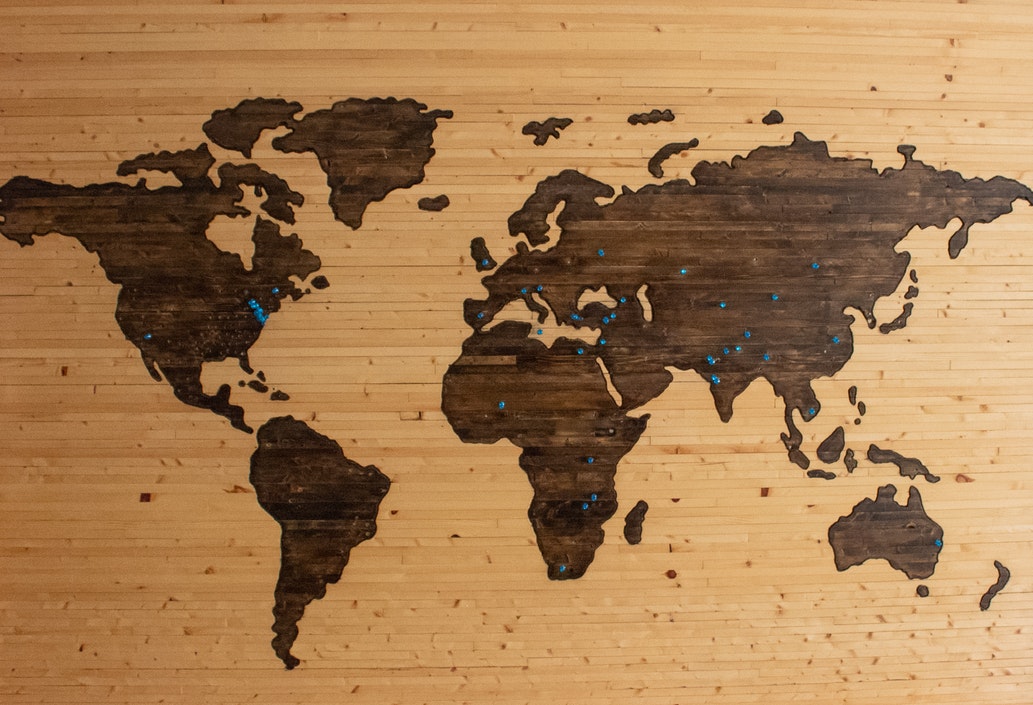According to the joint research by Marc Jeuland (Duke), Semra Ozdemir (NUS), David Fuente and Maura Allaire (UNC-Chapel Hill) based on Water and Sanitation Paper prepared for the Copenhagen Consensus Center Project: “The Way the World Is” and titled “Economic Losses from Poor Water and Sanitation: Past, Present, and Future”, Nigeria is estimated to lose over $40 million economically as a result of poor water and sanitation by 2050.

The research was to answer the following questions.
1. How have the economic “losses” associated with water and sanitation changed at the global level from 1900 to 2050. Are things getting better? Or worse?
2. Will economic growth have solve the water, sanitation and hygiene (WASH) problems in the near or medium term?
3. Where should donors concentrate their efforts?
The data used for this research was based on Country-level data for:
– GDP and population (1950-2010)
– Coverage with piped and improved water servicees (1990-2008)
– WASH-related mortality (2004)
– Control variables for regressions: urbanization, world region dummy variables, literacy, fertility, governance, time trends
– Relationship between income and value of statistical life (VSLs)
Also from the research, Nigeria is estimated to experience about 400 thousand WASH-related deaths by 2050.

As we know, the population in Nigeria is growing rapidly but rate of development of basic amenities is slow. There is a big need to put in place measures that will save Nigeria from a disastrous future. There is nothing inevitable about these forecasts. Economic growth probably will solve water & sanitation problems in many parts of the world over the next couple of decades. The global community should focus on Sub-Saharan Africa & rural parts of South Asia.





